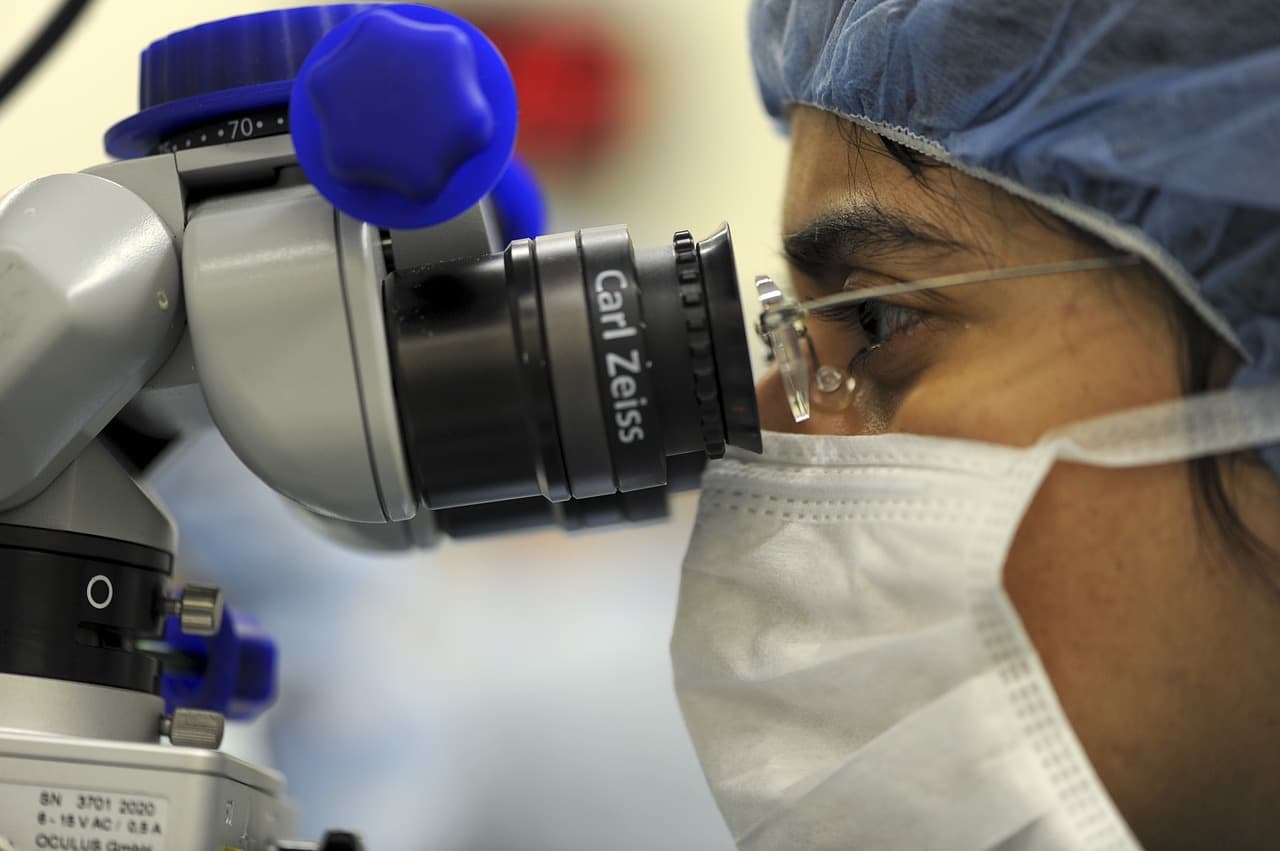They say that sight gives light to our lives. Choosing an eye doctor should carry similar weight to selecting a general physician. Your eyes are the windows to the world around you. They’re also a window to your general health. Life, as we know it, would become dark without eyesight. This can make performing the tasks you’re used to doing hard or impossible. For that reason alone, choosing your eye doctor should, therefore, not be taken lightly. Before you dash to a specialist, consider the reputation of the clinic. Facilities like the NW Cornea Institute can have experienced professionals because they have been around for quite some time.
Nevertheless, you should consider several factors to choose a reputed eye doctor in your locality. Here are some of the things to look for when looking for a local eye doctor.
Know the Different Types of Eye Doctors
Before you even start looking for a reputable eye doctor in your area, know different types of professionals in this field. In general, eye doctors are split into two distinct categories. Each category has professionals with different capabilities. These two are Optometrists and ophthalmologists.
Optometrists are a little less qualified than their counterparts when it comes to handling eye problems. They can treat some eye diseases and prescribe medications, but they don’t carry out eye surgery. To qualify for Optometry, one needs to go to college, spend four more years in Optometry School, and participate in programs that specialize in the treatment of some types of eye disease.
Ophthalmologists, on the other hand, treat all types of eye diseases, prescribe medication, and perform eye surgeries. To become an Ophthalmologist, one has to go to college, spend four years in Medical School, and then spend four more years in a residency program. Moreover, some Ophthalmologists once through with residency years, spend more time specializing in a particular type of ophthalmology. However, this is not a mandatory requirement for becoming a general Ophthalmologist.
Know the Right Eye Doctor for Your Case
Before you set up an appointment with an eye doctor, it is a good idea to consider the type of care you need. For instance, if you only require a simple eye examination, an ophthalmologist or an optometrist can be a good option for you. However, if yours is a specific eye disease, it would be advisable to consult with an ophthalmologist.
Moreover, if you have an ongoing eye problem like glaucoma, cataracts, or macular degeneration, it is important to seek care from a more specialized eye doctor. This can be a doctor that is highly trained and skilled in monitoring and treating your condition. You might also require the fitting of contact lenses and getting educated on all options concerning glasses, spectacle lenses, and contact lenses. In any of these cases, an ophthalmologist is typically the professional to consult.
Facilities like NW Cornea Institute have qualified optometrists that offer medical treatments for common eye problems like dry eyes and eye infections. However, eye disorders require treatment by an ophthalmologist, especially if the condition can necessitate surgery or some form of specialized care.
Recommendation from Other People
When choosing an eye doctor, don’t ignore the suggestions provided by your friends, family members, and co-workers. Other recommendations can come from other doctors that don’t specialize in eye health. It’s also a good idea to ask for referrals from family and friends if you know that they recently got a similar eye condition treated by their doctors.
A doctor’s professional affiliations and membership can help you to find levels of expertise in certain areas of practice. For instance, ophthalmologists may belong to the American Society of Retinal Specialist, or the American Society of Cataract and Refractive Surgeons. Such organizations have rigorous standards that doctors must meet to qualify for their membership or fellowship. Choosing an eye doctor with such affiliations will enable you to avoid unpleasant incidents while having your eyes treated.
Vision Insurance
If you are covered by a vision insurance or health insurance policy, find out whether the eye doctor you have in mind accepts it. This will help you know if you will incur any out-of-pocket expenses for your medical examination and treatment. Usually, you can get this information by calling the doctor’s office and providing your insurance information. Also, when calling an eye doctor’s office, ask them how they handle insurance claims. Will you pay for the examination and then later claim a refund after the insurance pays or will the doctor’s office bill your insurance provider?
Eye care and treatment should be provided with caution. Losing your sight can be disastrous because it will change your lifestyle completely. To get the best attention, choose a facility like the NW Cornea Institute that has the right eye doctors for different conditions.








